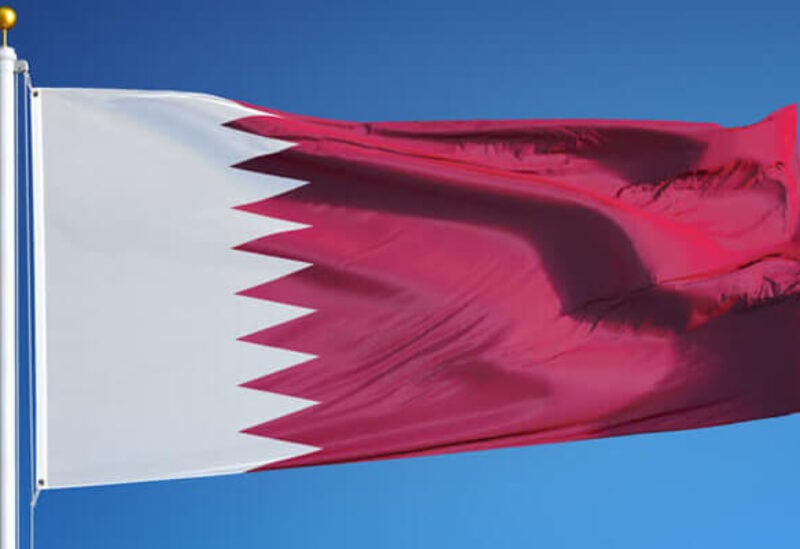
The Qatari flag
Qatar Planning and Statistics Authority issued its preliminary report on foreign trade statistics for March, which showed a decline in the merchandise trade balance surplus of 19.6 percent in March on an annual basis.
Total exports of goods, including exports of goods of domestic origin and re-exports, amounted to approximately QR30.9 billion, a decrease of 15.5 percent annually and a decrease of 0.6 percent every month.
The imports of goods fell in March to about QR9.6 billion, a 4.6 percent drop compared to the same month last year and an increase of 18.1 percent compared to last February.
In March 2023, the foreign merchandise trade balance, which represents the difference between total exports and imports, showed a surplus of QR 21.3 billion almost, a decrease of about QR 5.2 billion or 19.6 percent compared to March 2022, and a drop by nearly QR 1.6 billion or 7.2% compared to February 2023.
Months after hundreds of thousands of football fans packed into its hotels and stadiums, Qatar seeks to recover from the post-World Cup depression by hosting more global events.
Since the end of the FIFA World Cup in December, the city’s merchants recall with nostalgia the period which attracted 1.4 million visitors, according to the authorities figures.
Thousands of foreign workers left the Gulf country within four months, while luxury hotels built for the tournament laid off hundreds of employees, according to the French Press Agency.
After recording a trade surplus of nearly $100 billion in 2022, growth in 2023, bolstered by its natural gas riches, is predicted by the World Bank to hit 3.4 percent, among the highest in the Middle East.
A wave of newcomers has added nearly 100,000 to the population since the World Cup final, taking it to over three million, according to official figures.
The head of Qatar’s tourism agency and Qatar Airways, Akbar al-Baker, said hotel occupancy in the months after a World Cup is “always low.”
Baker added that the tiny country has made investments in tourism and hosting more significant events a focus, predicting Qatar will welcome more than five million visitors this year, more than twice the number in pre-pandemic 2019.
According to AFP, new prime minister Sheikh Mohammed bin Abdulrahman bin Jassim Al-Thani took office in March and is expected to announce new economic initiatives soon.
Business executives say they expect measures to attract the skilled expatriates and investment needed to wean Qatar’s economy off its reliance on gas and oil.
The Director of PricewaterhouseCoopers consultancy – Qatar branch, Bassam Hajhamad, said he is “definitely sure” the government will make changes.
He said businesses show a “push for transformation” into digital and other new areas, adding that companies want “more resources, more talent.”
Hajhamad noted that reforms to “labor and visa” regulations would make Qatar more attractive.
“Qatar has a lot of unique propositions compared to other countries. But we need to develop a more structured approach to attract talent.”
Foreign workers in Qatar must leave once their contract finishes, and few have the right to buy property.